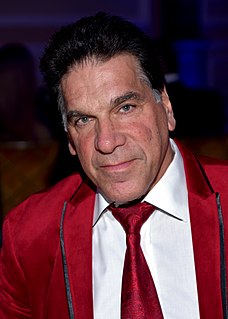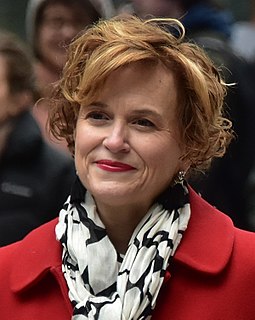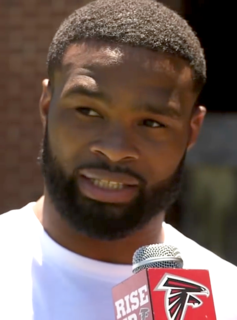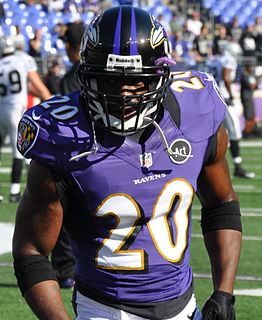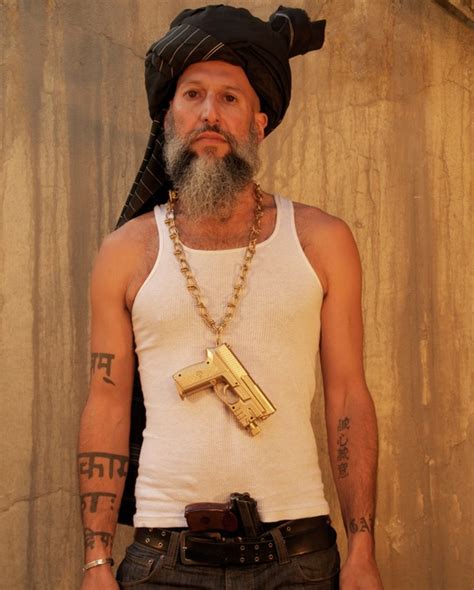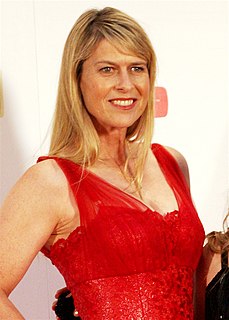A Quote by Lou Ferrigno
My father was a police officer with the New York Police Department; I've always had a high respect for officers. I want to give back to the community, and I want to work with young kids, help them get off drugs.
Related Quotes
There were a number of reasons I decided to join the New York City Police Department back in 1984. I felt a calling to protect and serve my neighbors, and I wanted to reform negative departmental practices from within. On top of those factors, becoming a police officer gave me a pathway to the middle class.
American cops didn't create that atmosphere, they're the ones though who have to live with it on a daily basis. These are generalisations; you can't make generalisations about hundreds of thousands of people. The New York Police Department, for instance, has 38,000 police officers in it. But most cops, when I talk to them, desperately care about the victims of gun violence. They see it, they experience it.
Many White people are not sensitive to the kind of abuse that African Americans, especially younger African Americans, receive at the hands of police officers and police departments. I think for most Whites their experience with the police has been good or neutral because they don't interact with the police as much as those in the Black community.
